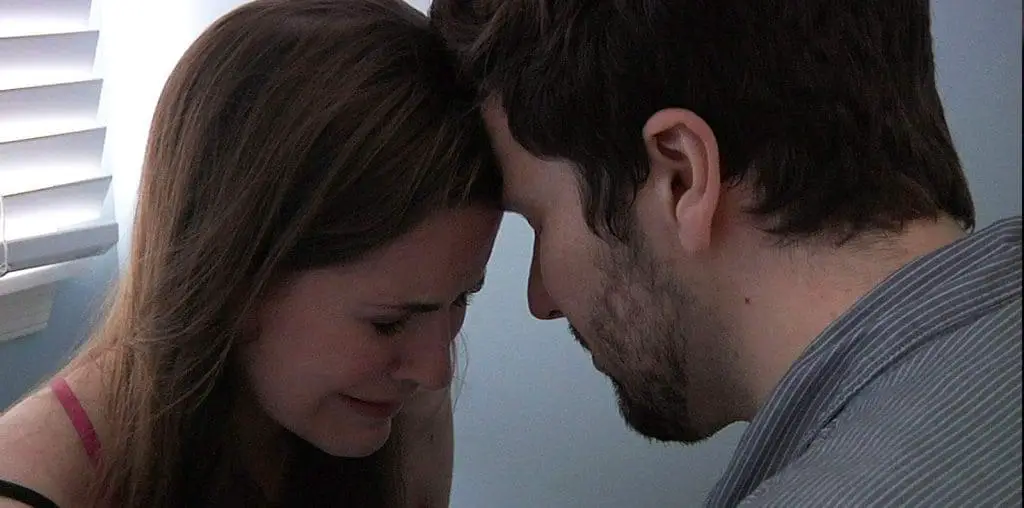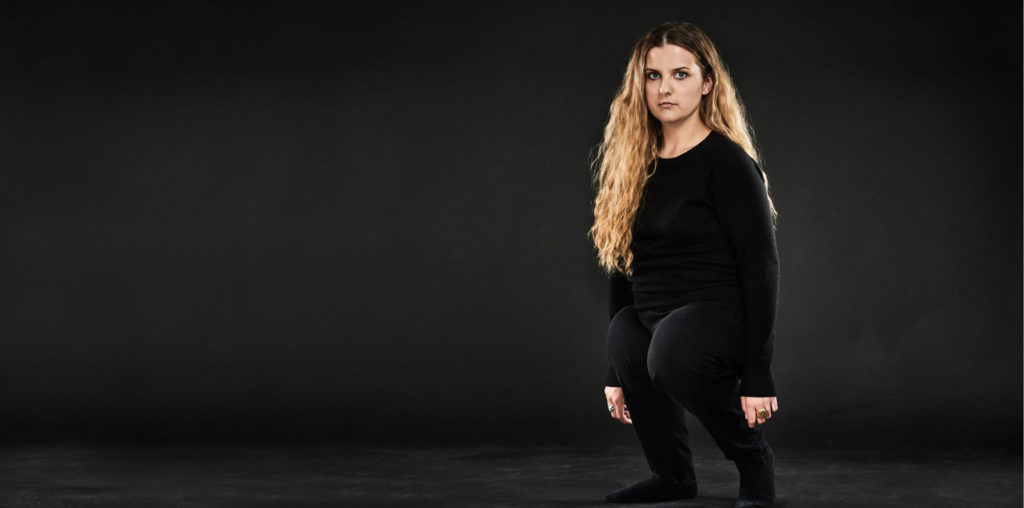
Writer/director Don Roos has a gift for creating multidimensional, funny characters and putting them in whatever stories, no matter how contrived and manipulative, pop into his head. And the stories actually feel somewhat authentic—although still melodramatic— in “Happy Endings,” which cuts between three loosely (and occasionally forcefully) connected stories involving childbirth, abortion, adoption, love and regret. In a title, it describes itself as “a comedy, sort of,” which is pretty accurate. It’s sincerely about the emotional conflicts its characters exhibit, but is amusingly observant of the human condition.
The best two plot lines involve the separate lives of two step siblings who had an afternoon of experimental sex 20 years ago and wound up with a pregnancy. Mamie (Lisa Kudrow) decided to have the baby, but didn’t tell her brother Charley (Steve Coogan), who thinks she had an abortion. Now, an obnoxious and ambitious, big-talking 25-year-old named Nick has information on her son, but will only give it to her if she agrees to let him tape her for a stunning voyage of a documentary that will surely get him the American Film Institute’s annual scholarship. Meanwhile, Charley, who is a homosexual despite the sex with his sister, thinks that his boyfriend Gil’s (David Sutcliffe) good lesbian friends, played by Laura Dern and Sarah Clarke, lied over two years ago when they said that Gil’s sperm donation didn’t result in fertilization. He thinks their baby boy looks just like Gil and that the women secretly used the sperm because they want the baby all to themselves. This, of course, stems from his own desires to have a child, and Coogan is both funny and tragic in the role. The other story stars Maggie Gyllenhaal as Jude, a reprehensible character who manipulates a closeted gay young man (Jason Ritter), then his rich father (Tom Arnold), only to put herself into a situation she’ll regret.
Clark Mathis’s handheld cinematography gets uncomfortably close to the characters as they attempt to work out their problems, often in incredibly inept ways. This is Roos’s most visually interesting work to date, and he plays with the film form in multiple ways.
Roos uses a technique that recalls Christina Ricci’s sarcastic voice-over commentary in “The Opposite of Sex,” this time using a split screen with a title card to give character background, explain that what the viewer might be thinking is incorrect or, in a moment that briefly recalls Godard, how they’re feeling. The success of the method is mixed, sometimes creating an interesting context in which to watch the characters and other times being overly obvious or too clever for its own good.
The different stories lag and pick up in different moments, making the 128 minutes a bit long because there’s often a more interesting story than the one on screen. Overall, however, the story arcs generate an interesting payoff. And Roos creates a slate of interesting characters who find themselves in unexpected situations that lead to realistic—and in their own way, happy—endings.

